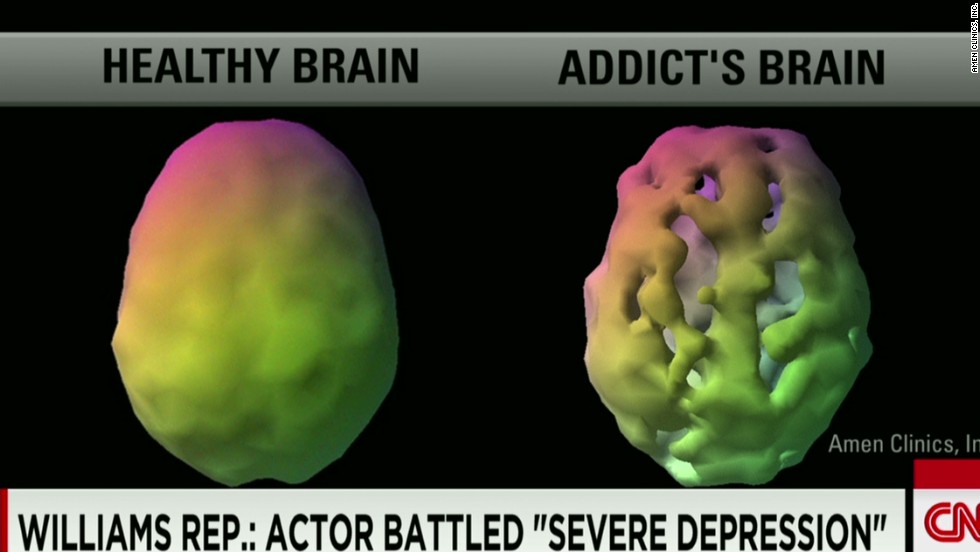A new paper says doctors might want to
examined how a person's brain functions before treating them.
Forget horoscopes or fortune tellers.
There's a new way to tell your future, and it involves a much more reliable
medium: human neuroscience.
A new study
looks at over 70 scientific publications about brain scans such as functional
magnetic resonance imaging or electroencephalography, noninvasive tests that
measure brain activity.
The paper that
runs in the latest edition of Neuron concludes that doctors might have more
success treating some patients if they examined the way a person's brain
functioned first.
Scan a brain, read a mind?
Brain scans have
been used to make basic discoveries about human behavior for decades, but they
are not routinely ordered to determine someone's overall health or course of
treatment in the way as blood test are used.
This new study suggests technology in this area has become so advanced
that approaches to treatment would be more effective if brain scans were used more
routinely.
For instance,
when someone is being treated for a mental disorder such as depression or
anxiety, there is only a 50% success rate typically.
A professor of
cognitive neuroscience at MIT believes that a brain scan could cut out a lot of
the guesswork on what might make the most effective treatment for a person's depression.
In so many
situations right now, we have almost no idea which is the best way to promote a
person's health.
Some people may respond better to behavioral modification. Some
may respond better to treating their depression with drugs. Some people might
even have an adverse reaction to certain medication.
If the doctor
were to scan that person's brain first, the scans could give the doctor an
objective way to decide what treatment would work best for the patient.
With this kind
of science, we don't have to wait for a failure. We know what will be the best
fit.
Lack of sleep might shrink your brain.

A healthy brain and an addict's brain will look different using a brain scan. A healthy brain will show even blood flow and activity, an addicts brain would show more problems on a scan.
There could be many additional health and education
applications for these kinds of scans.
Brain scans could help predict what therapy would be most
effective to help someone quit smoking. A brain scan could help teachers better
understand which kinds of lessons would be best for a student. Brain scans
could help a parole board better predict whether a criminal would reoffend if
released from jail.
Overall (this) is a very exciting perspective, and it I
agreeable that this technology should and will be used more. This is
"going to help in the thorny areas such as psychiatric disease. I see that
happening in the near future."
Brain scans will become another
effective tool to help doctors tailor their treatment for individual patients.
We now commonly take blood tests for a huge variety of
disease. When it comes to human behavior, brain imaging might well serve a
similar purpose.
As the imaging has become highly accurate and highly
specific, the task now is to figure out how the individual variation that is
seen relates to a specific person's behavior. It is an exciting time.
References:
CNN


No comments:
Post a Comment